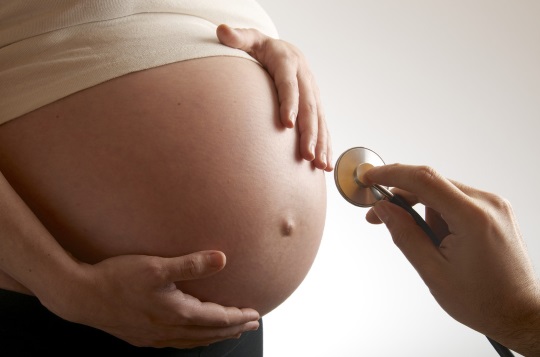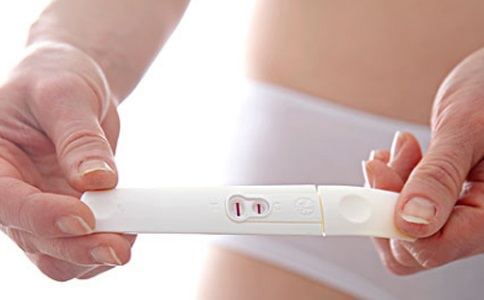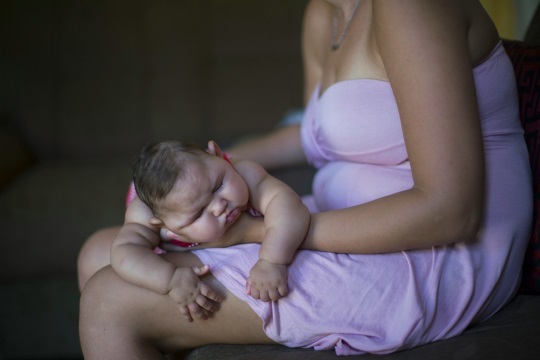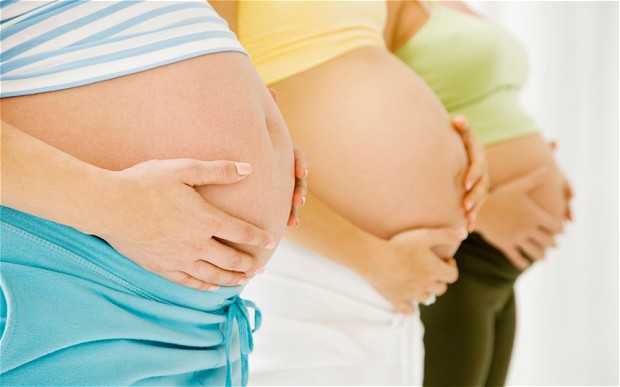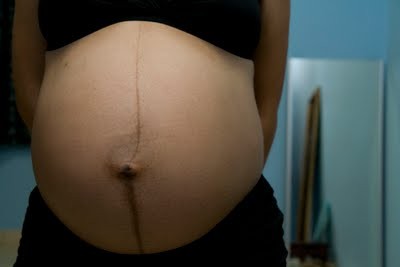|
發生於孕婦身上的奇怪事
科學為我們帶來很多東西:例如懸浮涭板及有關寨卡病毒的資訊。這亦為我們提供了作為父母,在教養方面的獨特視野。母親,在一個長時間內直接面對胎兒的孕育至最後生出男的或女的。撇開一些典型例子,圍繞著兒子與母親的關係,相對於女兒與母親的關係之類情況,都有著科學的記載。
1) 生男孩表示妳的生命會較短 筆者叮囑孕婦們別笑,小男孩的確會使你的生命早點完結。研究有關一些較荒僻的小資料,在《生物書信》期刊(journal Biology Letters)中,由一班北歐研究人員發現,女性每生有一個男孩,她們的生命便會短7%。當然,也有好消息的。因為研究是看在芬蘭前工業期的女性,而小數的女性參與者是在1950年出生的,但距今多年,現在也有不少改變出現了! 2) 有助防止阿爾茨海默氏症 不久之前,科學給予我們驚訝的視野,懷孕背後留給小孩們一點東西──獨特的DNA。這個有關現象稱之為微嵌合(Mcrochimerism)。當一群來自弗爾赫捷臣癌症研究中心 (Fred Hutchinson Cancer Research Center)及華盛頓大學的科學家,將59名女士的腦部作解剖,發現一些有趣的相關事情,女性的腦內,若現有男性的DNA在內,腦退化而患上阿爾茨海默氏症的機會較低。 這是一些較稀薄的關連,但這代表,每多生一位男生,女士們便會再多一點保護,以對抗腦神經病症。 3. 女孩增加離婚風險 生了個女兒又如何呢?這真正是一個好消息,因為生命並不因為女孩而被縮短;壞消息是,小女兒會增加離婚機會。 我們記下很多歷史性的社會條件,例如:男性會因為男孩子在而留在該處,對女孩卻不,但一群研究人員他們於2001年紐約科學學術研究周年會中刊登了一份論文,論文指出我們可能已經滯後了! 他們發現當母親經驗著壓力的處境時,女性的胚胎已經於子宮內存在。研究人員又猜想,在這情況下,懷孕之前,夫妻間可能處於不太理想的關係中。母親壓力,可能植入任何當時生存著的胚胎,假使這胚胎是女孩。 九個月後,女孩出生,若關係仍然沒有改善,離婚可能是最後的結果,因為離婚後,可能會有一個小男孩。 4. 男嬰讓妳更外向 並不是每一個教養項目的研究,都對人類有幫助,或有趣的。有時候我們看看黑猩猩,從我們的近親中,找一些有助我們行為的東西;當你看到一大群黑猩猩出現於坦桑尼亞就是一大群研究人員在做研究,他們發現擁有雄性黑猩猩仔的母親,比較外向及喜好社交。 他們估計,在猩猩的族群裡有著階級,男性是較女性更多互動行為,所以黑猩猩多母親都會擔當了社交領導的角色,讓他們可以作榜樣,這與母親有何關係?研究人又發現一個有趣的趼究數據,就是從他們的研究比對舊的趼究,發現都有一個相似的地方,男孩若有更多的家長驅使的互動,對於他們日後在朋輩間的認受性會較高,被拒絕的可能性會較低;可是,這可能性對於女孩卻不通用。 5. 男孩衰老過程較快 支持有關上述第一點的研究,透過111名年過90歲的女性自願參與者去了解這個命題。大家也需要知道,當我們衰老,我們的細胞會發炎及退化,我們稱之為發炎,即老化的同意詞;在這一群參與者當中,研究人員發現,女性若有男孩子的話,他們體內便有較高的C反應蛋白(C-reactive proteins),這是發炎的標誌性物質,越多男孩,即有越高的那類蛋白質。所以,男孩也會更早給你皺紋。 6. 男孩會提升妊娠糖尿 有一個報告,刊於《臨床內分泌學及新陳代謝》(the Journal of Clinical Endocrinology & Metabolism)期刊的,是最大最集中的一項研究,第一次記載著2000及2010年出生的643,300位女性的資料。研究人員就是尋找著更多有關妊娠糖尿的發病率,而且亦從中找到。 當妳懷孕,妳身體將有很多改變,但這個改變可將妳推入妊娠糖尿的情況,這是一個新陳代謝問題,大約有9%的孕婦會有這個情況。當研究發現,女性懷孕而是屬於男性的話,便會有可能出現妊娠糖尿,所以研究人員總結男性胎兒會影響新陳代謝系統,從而出現更多急劇性的轉變。 7. 女孩會引發日後的疑似二型糖尿 在相似的研究中,研究人員有另一些驚訝的發現。有部份個案,當母親懷有女嬰時,她們被測試出對妊娠糖尿的陽性反應,這還不止於此。這些女性,在稍後的日子,更大可能被確診為糖尿病二型。儘管不同性別的胎兒會引發不同的糖尿病,但這些母親本身,很有可能有著潛在的新陳代謝問題,因此提高了患上糖尿病的風險。 8. 女嬰使懷孕更週全 兩年前,一個很奇妙的研究刊於《分子人類生殖》(Molecular Human Reproduction)給予大家一些思想的素材,結果發現,對於一個擁有兩個X染色體的胚胎,子宮是一個最佳的環境。
明顯地,一切從胎盤開始。其中一個研究人員森畢巴利(Sam Buckberry)總結這情況。懷著女性嬰兒,胎兒在胎盤內可以有更佳的基因表現,保持著懷孕及女性免疫力的堅靭性。基本上,這代表著,一個懷著女嬰身軀,能夠不斷的運作,去製造一個對嬰兒更佳的胎盤基因。 正因如此,女嬰可以避免著早產、夭折或其他在妊娠期間可能出現的大的問題也可以避免,令到懷孕及生育時更加週全容易。 資料來自: http://www.sheknows.com/parenting/articles/1111679/long-term-effects-baby |
|





